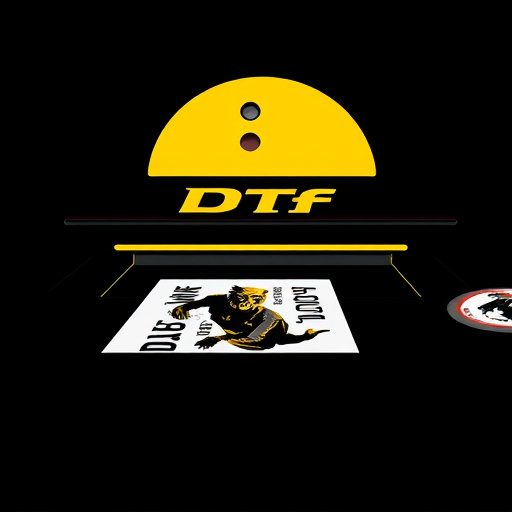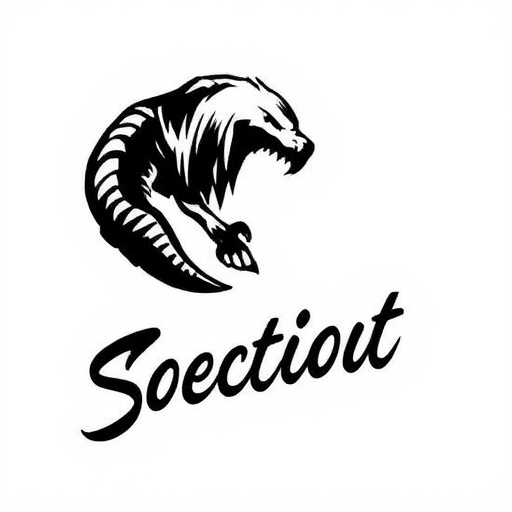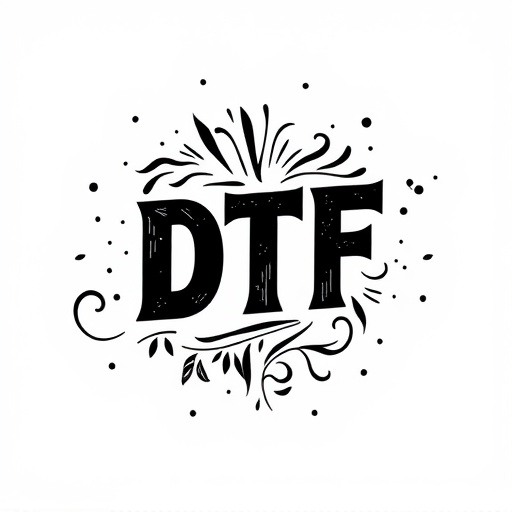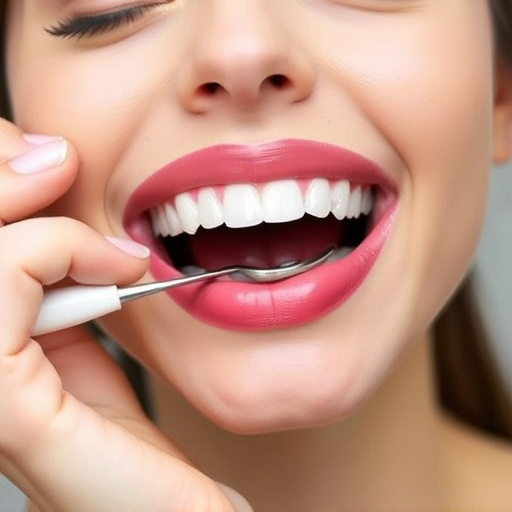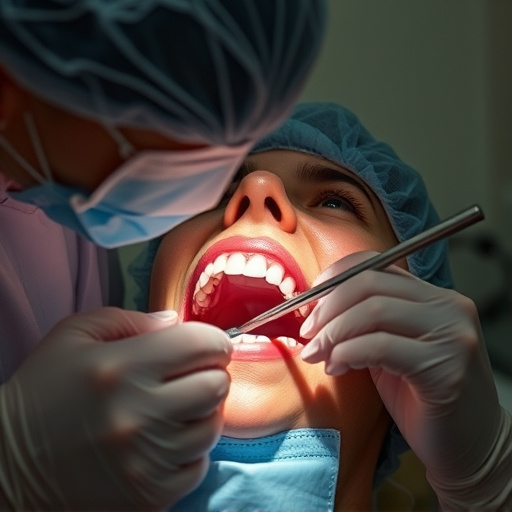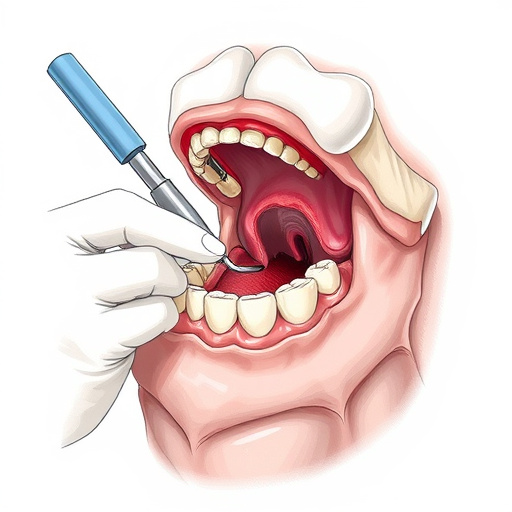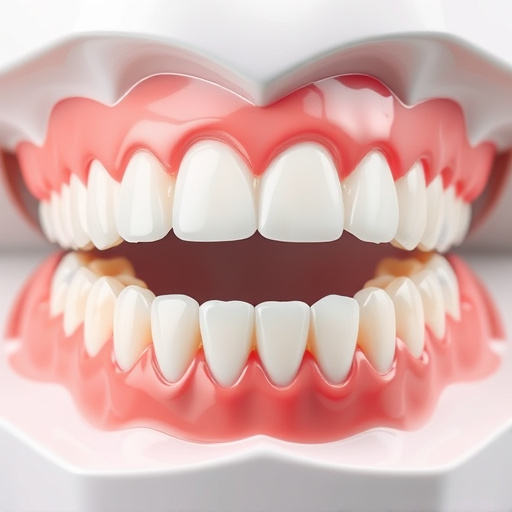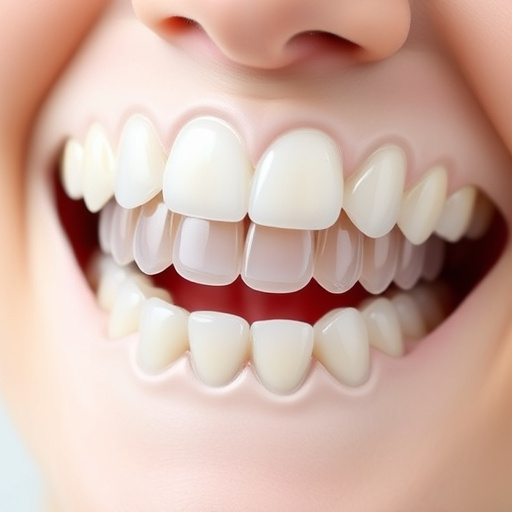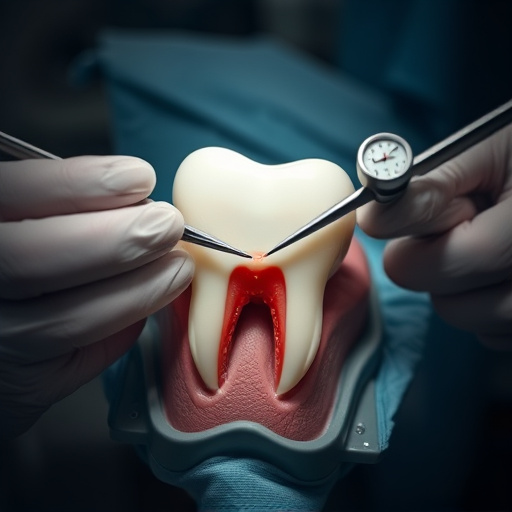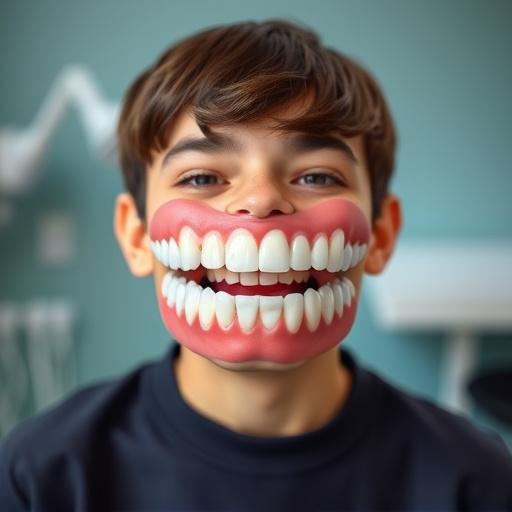Multilingual dental staff are vital in today's diverse society, providing inclusive care and breaking language barriers. They offer tailored services, fostering trust and enhancing patient experiences, ensuring all individuals receive respectful, accurate, and compassionate dental care regardless of their native tongue.
In today’s diverse society, a multifaceted approach to dental care is essential. The role of multilingual dental staff in bridging language barriers cannot be overstated. This article explores three key areas: how language diversity empowers dental care, facilitates unity among patients and clinicians across languages, and ultimately enhances access to oral health for multilingual communities. By embracing linguistic variety, dental practices can create a more inclusive environment, improving patient outcomes and overall well-being.
- Empowering Dental Care Through Language Diversity
- Unifying Patients and Clinicians Across Languages
- Enhancing Oral Health Access for Multilingual Communities
Empowering Dental Care Through Language Diversity
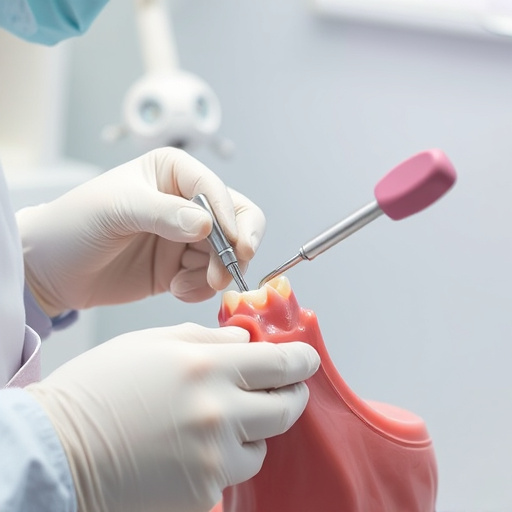
In today’s diverse society, multilingual dental staff are a game-changer when it comes to providing quality dental care. By embracing language diversity, dental clinics can empower patients from various linguistic backgrounds to receive comprehensive dental services. These skilled professionals break down barriers, ensuring that every patient, regardless of their native tongue, receives the same level of attention and treatment.
Having multilingual staff available allows for seamless communication during routine oral exams and cosmetic dentistry procedures. Patients can comfortably explain their medical history and concerns in their native language, leading to more accurate diagnoses and personalized treatment plans. This approach fosters trust and enhances the overall patient experience, making dental care accessible and welcoming for all.
Unifying Patients and Clinicians Across Languages
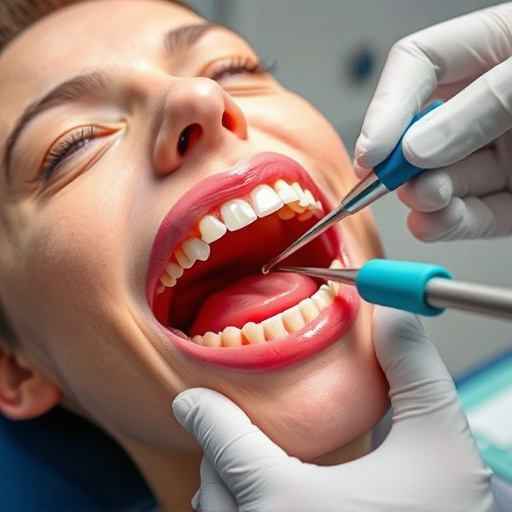
In a diverse society, where patients from various linguistic backgrounds seek dental care, having a multilingual dental staff is invaluable. This capability to communicate across languages unifies patients and clinicians, fostering an environment that is inclusive and patient-centric. When a patient, whether they are new to the area or part of a cultural minority group, walks into a dental clinic, they may face initial communication barriers. However, with staff members who speak their native language, these hurdles can be swiftly overcome. This simple act of understanding and speaking their language of choice empowers patients to express their concerns, understand procedures like dental bonding, or even discuss treatment options for services as varied as family dentistry to more specialized tasks like fitting dental crowns.
The result is a stronger patient-doctor relationship built on trust and mutual comprehension. In this way, multilingual dental staff serve as cultural ambassadors, ensuring that every patient receives respectful, accurate, and compassionate care. They facilitate seamless interactions, allowing for comprehensive dental care tailored to individual needs, regardless of language differences.
Enhancing Oral Health Access for Multilingual Communities
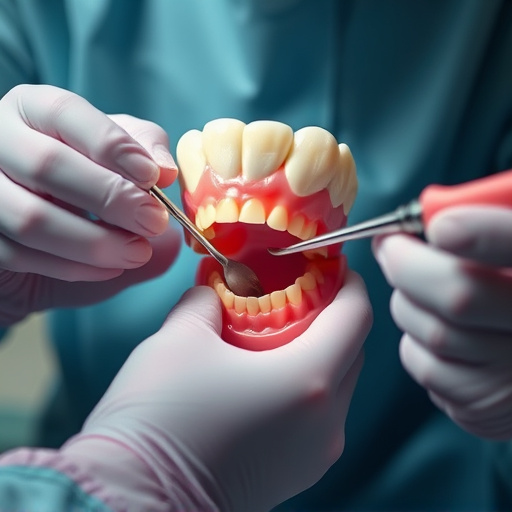
In many communities with diverse linguistic backgrounds, access to oral health services can be significantly hindered by language barriers. This issue is particularly pronounced when dealing with specialized dental care. However, having a multilingual dental staff offers a game-changing solution. By employing professionals who speak multiple languages, dental clinics can provide care that transcends communication challenges, ensuring every patient receives the attention they need, regardless of their mother tongue.
This accessibility enhancement goes beyond basic translation services; it allows for a deeper understanding of patients’ cultural and dietary habits that might impact oral health. From preventive dentistry to tooth repair and cosmetic procedures, multilingual dental teams can offer tailored care, promoting not just physical well-being but also fostering trust and comfort among diverse patient populations.
Multilingual dental staff play a pivotal role in bridging communication gaps, ensuring equitable access to oral health care for all. By unifying patients and clinicians through language diversity, these professionals foster an inclusive environment that empowers dental care. This not only enhances oral health outcomes but also strengthens the bond between healthcare providers and the diverse communities they serve.


